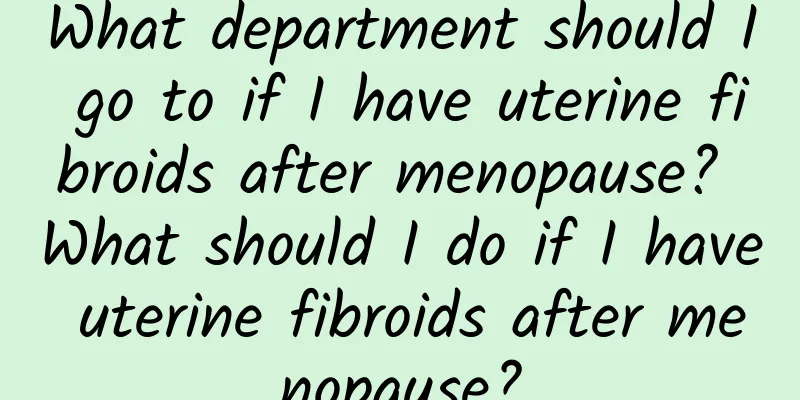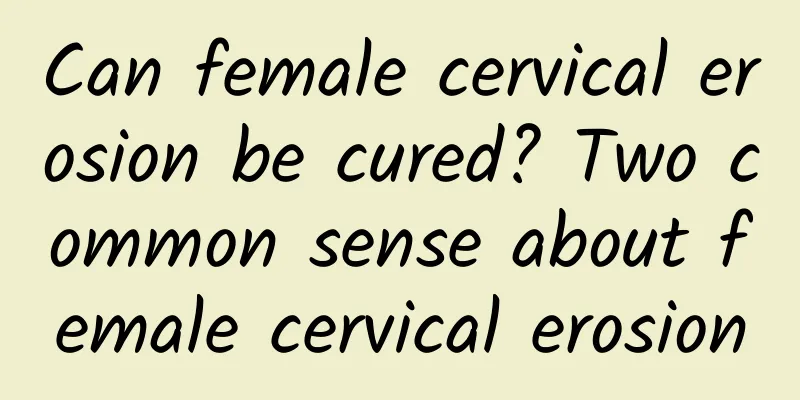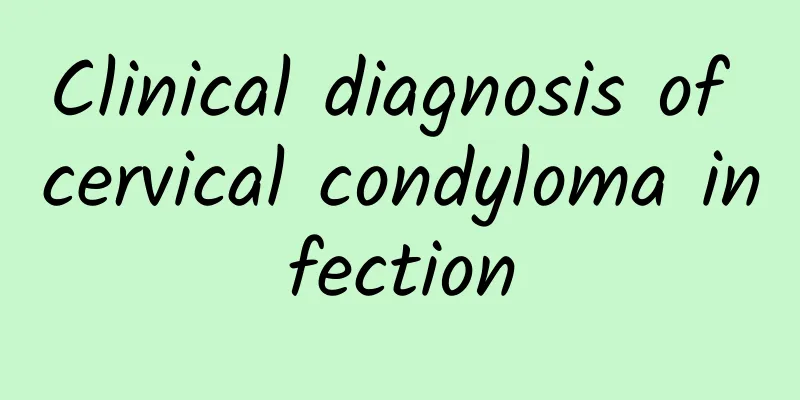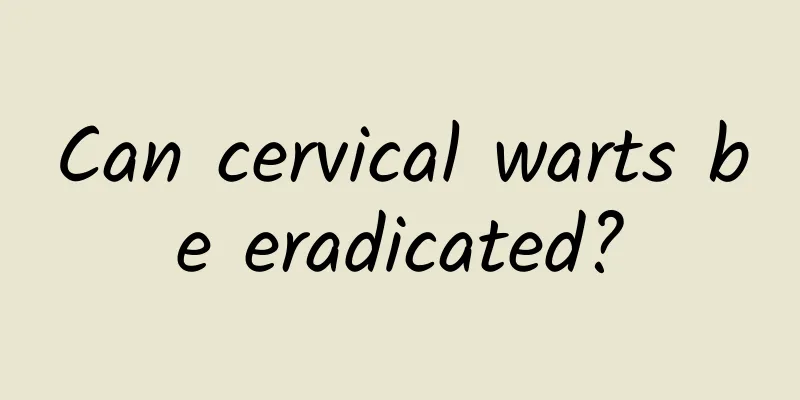What department should I go to if I have uterine fibroids after menopause? What should I do if I have uterine fibroids after menopause?

|
What department should I go to if I have uterine fibroids after menopause? What should I do if I am diagnosed with uterine fibroids after menopause? As women age, menopause gradually arrives. However, some women may face a common gynecological problem after menopause - uterine fibroids. So, which department should you go to if you have uterine fibroids after menopause? If you find uterine fibroids after menopause, how should you deal with it? This article will answer these questions one by one. I. Introduction to Uterine Fibroids Uterine fibroids are common benign tumors of the female reproductive system, which often occur in young and middle-aged women, especially between the ages of 40 and 50. However, for some reasons, some women may find out that they have uterine fibroids after menopause. This brings more health burdens and anxiety to women who have entered menopause. II. Which department should I go to if I have uterine fibroids after menopause? If you have uterine fibroids after menopause, you should first see a doctor to confirm the diagnosis. Usually, gynecologists or obstetricians are experts in dealing with uterine fibroids. Therefore, if you have uterine fibroids after menopause, you should see a gynecologist or obstetrician. These doctors have relevant professional knowledge and rich clinical experience, and can give patients the correct treatment advice and methods. III. What should I do if uterine fibroids are diagnosed after menopause? When uterine fibroids are diagnosed after menopause, the patient should consult a doctor as soon as possible and follow the doctor's advice. 1. Observation and monitoring For some small uterine fibroids that do not cause symptoms, your doctor may recommend observation and monitoring. This means regularly checking the size and growth of the uterine fibroids to ensure that they do not cause serious symptoms or complications. At the same time, patients also need to pay attention to changes in their bodies, such as abnormal vaginal bleeding, and report them to their doctors in a timely manner. 2. Medication For larger uterine fibroids that are causing symptoms, your doctor may recommend medication. For example, anti-estrogen drugs can reduce bleeding and pain caused by uterine fibroids or shrink uterine fibroids. These drugs require your doctor's supervision and monitoring. 3. Surgery In some cases, especially if the fibroids are large or cause severe symptoms, surgery may be needed. Surgery can be done by removing the fibroids (myomectomy) or removing the uterus (hysterectomy). These surgeries require a preoperative evaluation and a team of professionals during the operation, and you will need to follow your doctor's advice for postoperative recovery. If you have uterine fibroids after menopause, you need to consult a gynecologist or obstetrician. Depending on the situation, the doctor may take different treatment methods, such as observation and monitoring, drug treatment or surgical treatment. The most important thing is that patients should maintain close communication with their doctors and follow the doctor's advice for treatment and rehabilitation. At the same time, women should also maintain regular physical and gynecological examinations after entering menopause to detect and treat gynecological problems early and protect their health. |
Recommend
The main factors causing cervicitis
Cervicitis refers to inflammation of the uterine ...
Where is the pain in adnexitis?
Where does adnexitis cause pain? 1. Adnexitis usu...
Will eating guava seeds cause constipation? The truth of the matter is…
More C means more health. Vitamin C can protect c...
Is hyperprolactinemia caused by pregnancy?
Many women are afraid of suffering from hyperprol...
Common symptoms of chronic cervicitis
Chronic cervicitis is a common gynecological dise...
What causes second-degree cervical erosion? Women should pay attention to these causes of cervical erosion
Clinically, cervical erosion is more common in ma...
What are the symptoms of intrauterine adhesions?
Intrauterine adhesions may cause symptoms such as...
Panic over egg shortage, worrying that insufficient protein will lead to sarcopenia? Nutritionist: Tofu, soy milk, and edamame can be used as substitutes
There has been a panic over egg shortages in the ...
What are the symptoms of functional ovarian cysts?
Functional ovarian cyst is a common gynecological...
What does a small amount of fluid in the uterine cavity mean after abortion? Can the fluid in the uterine cavity heal on its own?
1. Definition and causes of a small amount of ute...
Eat too much for dinner, be careful not to expand your waistline! Professor Liu Zhenfang: Watch out for these three dinner landmine combinations
The busier you are at work, the more you want to ...
Menstrual disorders and weight gain ~ To prevent polycystic ovary disease, you must first nourish your kidneys. This cup of tea is a good helper!
Does your period always come on time? Clinically,...
Study: Men who drink 7 cups of black tea a day are more likely to develop prostate cancer
In the food culture of the United States, people ...
Nine key points to pay attention to in the diet of irregular menstruation
For most cases nowadays, special attention should...
How to take care of patients with ovarian cysts?
Among gynecological diseases, ovarian cyst is one...









